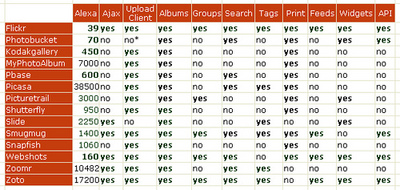With blogosphere being all nice and shiny, there’s this one thing that usually annoys the hell out of me – ‘Subscribe to’ area.
I’ve seen one of the two extremes on pretty much every blog out there.
The ‘minimalist’ extreme – which I excersise myself – is when there is no special area for the RSS feeds or mailing lists subscriptions on the website. RSS feeds particularly. They are there, but you can’t find them. Sometimes there’s a tiny orange icon. Sometimes there’s a link saying ‘RSS feed’. Sometimes there’s nothing at all – open up the source code of the page and look for the ‘alternative’ at the top of the HTML.
The ‘maximalist’ exterme is when there are icons and links to all possible RSS aggregators and readers, with images, with different formats like RSS 0.92, RSS 1.0, RSS 2.0, Atom 0.4, etc. That’s just too much and it looks ugly too.
The Golden Mean is so rare that every time I find one, I am ready to bookmark the website, blog about it, dedicate poems to it, and do all sorts of other silly things. And all that for what? Just for a few moments spared by the webdesigner thinking about what the hell he is doing.
Below is one of the most recent examples of the nicely done ‘Subscribe to’ area. I came across it when someone pointed me to the this article (note, how nicely it all fits together).

It’s small, functional, with only a handful of aggregators linked, with a mailing list option, with description of what it is (“Subscribe to this blog”), with a nice little icon… Beautiful indeed!
